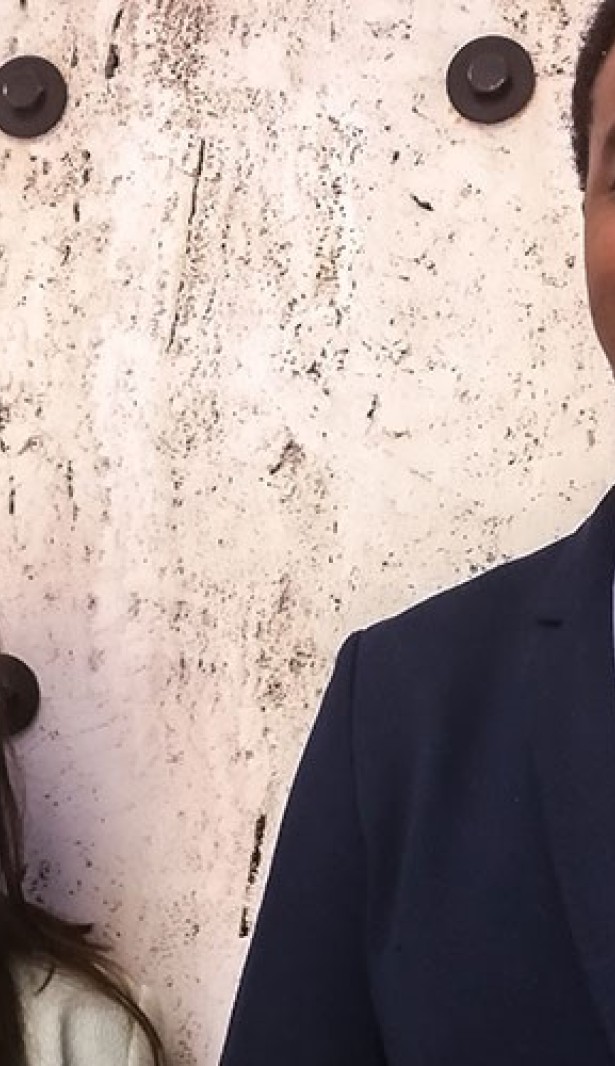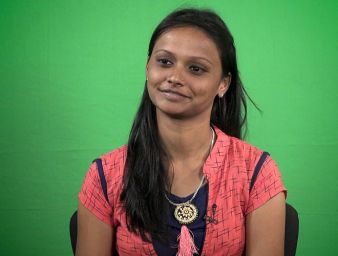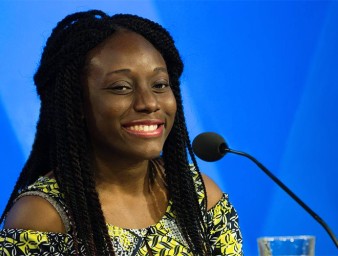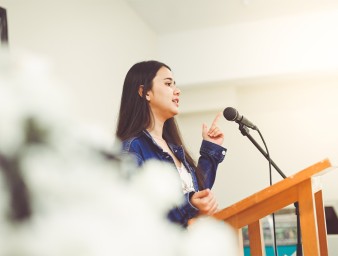Human rights education strengthens our humanity
19 December 2019
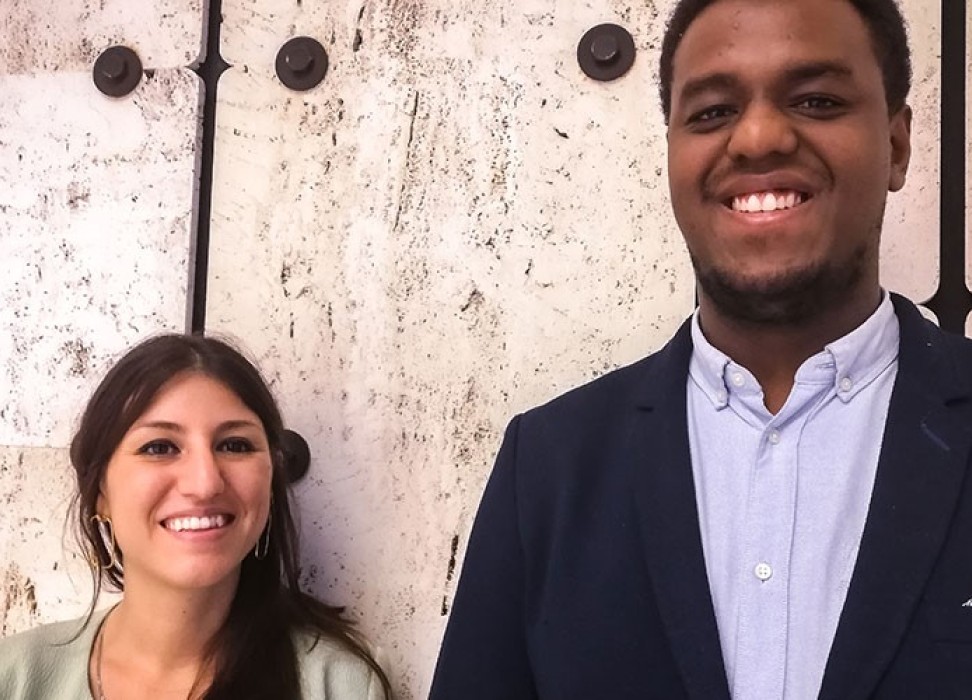
For Elisa Gazzotti, learning about human rights education was "revolutionary."
The young woman, who is the chair of the NGO Working Group on Human Rights Education and Learning, was working in the field of human rights, having studied political science and worked on development issues. She was still surprised when she started to work in the field of human rights and education with her NGO.
"For me, [human rights education] is mentally knowing about someone else's rights, but it is also a process that goes beyond empowerment," she said. "It gives an ability to really see through the eyes of others. For me, human rights education is a transformative process."
As the world struggles to come to terms with the many challenges it faces, it needs to look to the potential contribution of the world's largest generation of young people to help find solutions, said UN Deputy High Commissioner for Human Rights Kate Gilmore.
This can be done through embedding human rights education, because human rights education teaches how to see beyond specificity, beyond nationality and beyond identity, she said.
"[Human rights education] is about learning the core values and underlying principles that affirm…our common humanity," she said. "It is a relational project. It is a myth that human rights are about individual interests."
Gilmore was part of an event, organized by the Permanent Mission of Slovenia to the UN, launching the fourth phase of the World Programme for Human Rights Education. The Programme, started in 2004, is a global initiative to advance human rights education programmes in all areas. This fourth phase, which starts in 2020, focuses on "human rights education for youth and by youth" in formal and informal education settings.
Mickaël Repellin believes standing up for human rights saved his life.
The 31-year-old, originally from Madagascar, is a twin and in the region where he was born there was a taboo against twins, and parents were encouraged to kill the children. Repellin said his mother opted instead to take the twins to a charity, who housed them and eventually got them adopted.
Repellin said this experience has made him sensitive to the need for people to be aware of human rights in relation to others and those who are deemed different. In his work with the Swiss-based Centre de Conseils et d'Appui pour les Jeunes en Matière de Droits de l'Homme (CODAP), Repellin helps train and support young human rights defenders by supporting projects and educating them on human rights. Educating young people in human rights is already paying dividends, he said.
"Young people, you could say, are icebreakers on specific issues," Repellin said. "And then [these issues] are taken up by other generations. For there to be more impact, and more participation, I think there are two solutions. The first one is empowerment and education. The second is for older generations to take the time and listen to young people. Consider what they are saying and what they are fighting for."
Human rights education is the key to helping improve the obstacles facing human rights defenders and human rights actions across the globe, Gilmore said. With the illness of shrinking space for human rights presenting themselves in intolerance, xenophobia, rising discrimination and inequality, it is strategically essential to bring out the medicine of human rights education, she said.
"Look, we don't need to be taught that we have rights. What we do need to learn is the rights of the other and how universal are those rights," she said. "It is in that space that human rights education is a vaccine. And it's time to stop resisting the vaccine of human rights education."
19 December 2019
